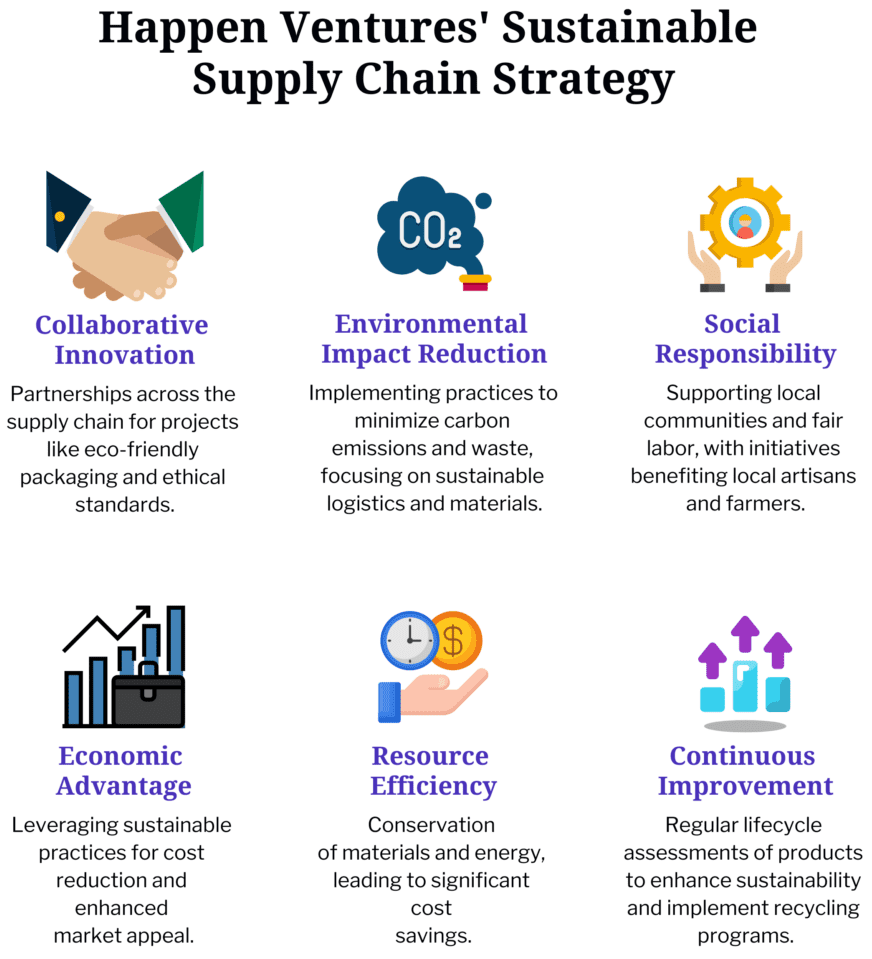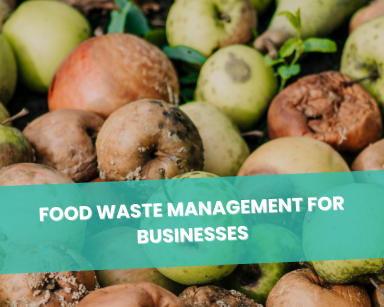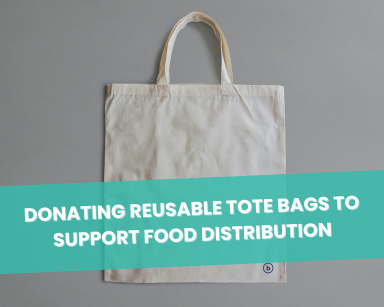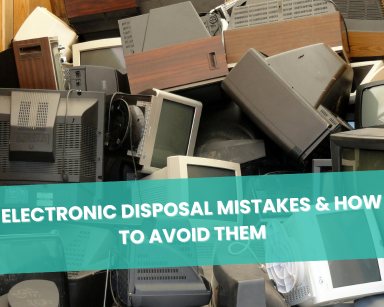What are the Principles of Sustainable Supply Chain? Core Ideals
Think of a world where every product you purchase not only fulfills your needs but also contributes positively to our planet. This vision is rapidly becoming a reality, thanks to the transformative power of sustainable supply chain. At the forefront of this revolution is Happen Ventures, leading the charge in evolving supply chains from mere efficiency-driven mechanisms to models of ethical and environmental responsibility.
Let’s embark on a journey to understand how sustainable supply chains are reshaping global commerce, backed by authentic research and real-world examples.
Table of Contents
Understanding Sustainable Supply Chains: Definition and Importance
A sustainable supply chain is more than a buzzword, it’s a comprehensive approach integrating environmental and ethical considerations into every aspect of the supply chain, from raw material sourcing to product distribution.
According to a 2023 report by Retalon, a sustainable supply chain ensures all stages of the supply chain journey are designed to uphold human rights, fair labor practices, and minimize negative environmental impacts.
This approach is crucial in today’s business landscape, where sustainability is not just a preference but a necessity for operational efficiency and customer loyalty.
The Evolution of Supply Chains
Historically, supply chains focused primarily on efficiency. However, recent trends have seen them evolve into complex ecosystems that balance profitability with sustainability.
This shift mirrors a growing societal emphasis on environmental consciousness and ethical business practices.
The digital revolution has been instrumental in this transformation, enhancing tracking, transparency, and optimization for more sustainable outcomes.
Core Principles of a Sustainable Supply Chain
Here you go with the core principles of a Sustainable Supply Chain
- Principle 1: Transparency
Transparency is key in sustainable supply chains, providing a clear view of a product’s lifecycle. This visibility is essential for identifying improvement areas, ensuring compliance with standards, and building consumer trust. Today’s consumers demand transparency and ethical practices from brands, making this principle more relevant than ever.
- Principle 2: Ethical Sourcing
Ethical sourcing extends beyond fair labor practices to include environmental stewardship and sustainable resource use. Companies are increasingly scrutinizing their supply chains to ensure their sourcing practices do not contribute to environmental degradation or human rights abuses.
- Principle 3: Efficiency and Waste Reduction
Efficiency in sustainable supply chains is not just about cost savings, it’s about optimizing resources and minimizing waste. Happen Ventures, for example, focuses on reducing unsellable inventory, which cuts costs and lessens environmental impact.
Innovative Technologies Driving Sustainable Supply Chains
In the realm of sustainable supply chains, technology plays a pivotal role. Innovations like blockchain for enhanced traceability, AI for predictive analytics in inventory management, and IoT for real-time monitoring are revolutionizing how companies approach sustainability.
These technologies not only improve efficiency but also ensure greater accountability and transparency across the supply chain.
For instance, blockchain technology can be used to create immutable records of a product’s journey, ensuring authenticity and ethical compliance at every stage.
Collaboration and Partnerships for Sustainability
Sustainability in supply chains isn’t a solo journey. It requires collaboration across various stakeholders, including suppliers, manufacturers, distributors, and even competitors. Forming alliances and partnerships can lead to shared resources, knowledge, and innovations, driving the industry towards collective sustainability goals.
Happen Ventures, for instance, could spearhead or join initiatives where multiple companies work together on large-scale sustainability projects, like developing eco-friendly packaging solutions or setting industry-wide ethical standards.
The Environmental Impact
Sustainable supply chains are not just a corporate responsibility but a crucial step towards a healthier planet.
By integrating sustainable practices, companies like Happen Ventures are actively reducing their environmental footprint.
This shift is essential in the fight against climate change and environmental degradation. The goal here is to create a supply chain that respects and preserves our natural resources while meeting current needs without compromising the ability of future generations to meet theirs.
- Reducing Carbon Footprint
Sustainable supply chains are vital in reducing businesses’ carbon footprints. By optimizing logistics, using eco-friendly materials, and reducing waste, companies can significantly lower their greenhouse gas emissions.
- Social Responsibility and Community Impact
Sustainable supply chains also have a profound social impact. By ensuring fair labor practices and supporting local communities, companies can create a positive ripple effect.
This includes initiatives like investing in community development, supporting local businesses, and ensuring that the benefits of sustainable practices are shared with the wider community.
Happen Ventures could, for example, engage in programs that support local artisans or farmers, integrating them into the supply chain in a way that benefits both the company and the community.
Lifecycle Assessment and Continuous Improvement
A key aspect of sustainable supply chains is the lifecycle assessment of products. This involves evaluating the environmental impact of a product from its inception to its end-of-life.
By understanding the full lifecycle, companies can identify areas for improvement, such as using more sustainable materials or implementing recycling programs.
Continuous improvement is crucial, and Happen Ventures can lead by example, regularly assessing and refining its supply chain practices to set new sustainability benchmarks.
- Resource Conservation
Efficient resource use is a cornerstone of sustainable supply chains. Practices like judicious material use, recycling, and reducing energy consumption help conserve resources and lead to cost savings.
Economic Benefits and Business Impact
Embracing sustainability in supply chains isn’t just about doing good, it’s also about doing well financially.
Companies are finding that integrating sustainable practices can lead to significant economic benefits. This includes not only cost savings but also opening up new markets and opportunities.
For Happen Ventures, this means not just reducing expenses but also enhancing their brand value and appeal to a growing segment of environmentally conscious consumers.
- Cost Savings and Profitability
Sustainable practices often lead to direct cost savings, impacting the bottom line and making businesses more profitable.
Navigating Regulatory Compliance and Standards
In an increasingly regulated world, understanding and adhering to sustainability standards and regulations is crucial.
This includes international standards like ISO 14001 for environmental management and local regulations pertaining to waste disposal and emissions.
Happen Ventures can leverage its commitment to sustainability as a competitive advantage, ensuring compliance and even exceeding regulatory requirements, thereby setting a high bar for industry standards.
Educating and Engaging Stakeholders
Educating and engaging stakeholders, including employees, customers, and investors, is vital in driving the sustainability agenda.
Happen Ventures can implement training programs for employees, awareness campaigns for customers, and transparent reporting for investors.
By keeping all stakeholders informed and involved, the company can foster a culture of sustainability that permeates every aspect of its operations.
- Consumer Trust and Brand Image
A commitment to sustainability enhances a brand’s image and builds consumer trust. In an era of environmentally conscious consumers, this can lead to increased loyalty and a stronger reputation.
Implementing Sustainable Practices in Supply Chains
The journey towards a sustainable supply chain requires a strategic and committed approach. It’s about rethinking and redesigning processes to be more environmentally friendly and socially responsible.
For Happen Ventures, this means taking a hard look at their current operations and identifying areas where they can make meaningful changes. It’s a process that involves innovation, investment, and a willingness to embrace new ways of doing business.
- Strategies for Businesses
Businesses need a strategic approach to adopt sustainable practices, including auditing their current supply chain, identifying improvement areas, and implementing changes. Happen Ventures offers customized solutions for specific challenges like waste management.
- Challenges and Solutions
Transitioning to a sustainable supply chain can present challenges like higher initial costs and the need for new technologies. However, these can be overcome with careful planning and the right partnerships.
Conclusion
The future of sustainable supply chains is promising, with companies like Happen Ventures leading the way. Embracing sustainable practices is not just beneficial for the planet but also profitable for businesses. Let’s work towards a more sustainable tomorrow.











